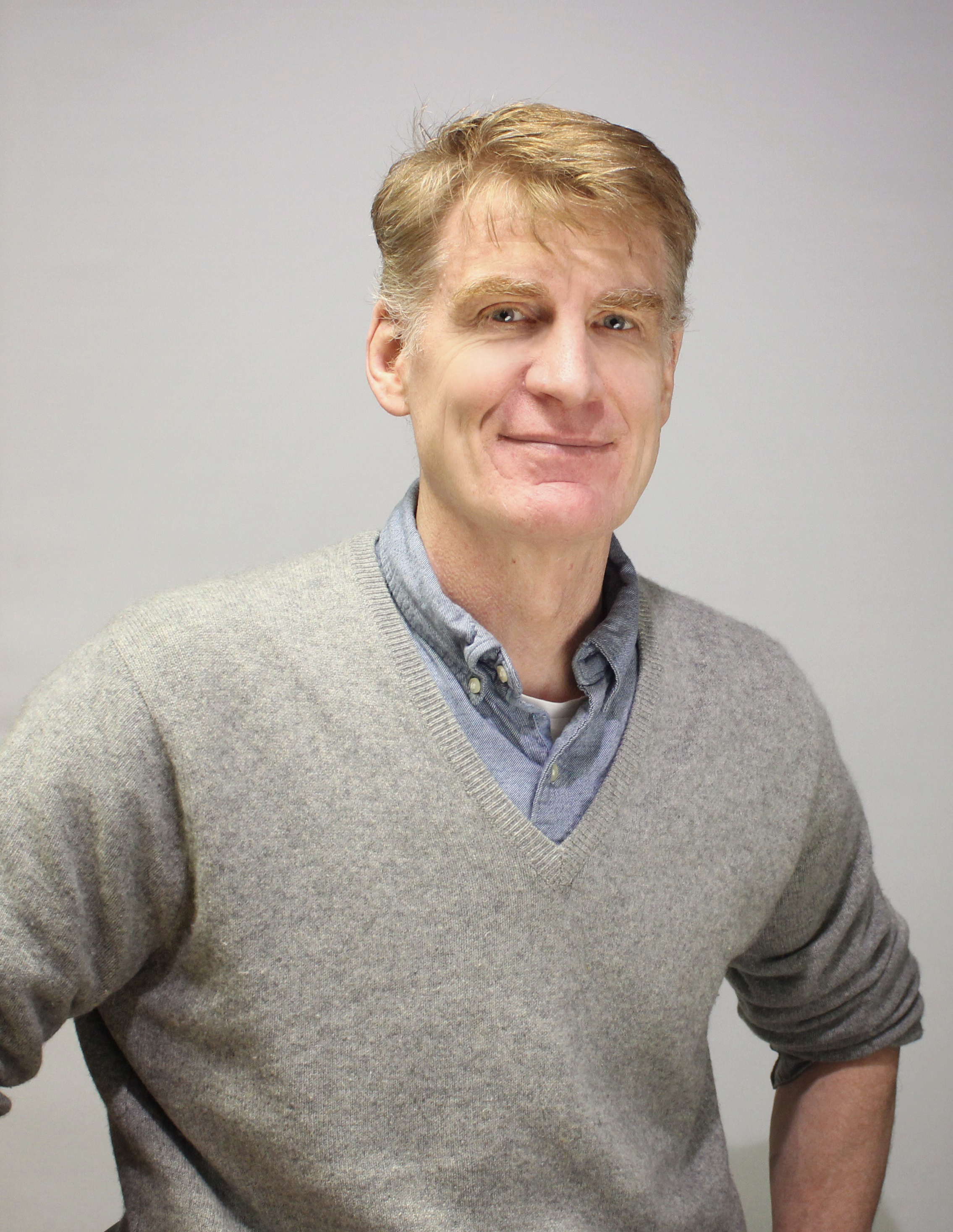A Moment of Respite Amid The Storm: A 9/11 Reflection
- Jeff Cowley, DC

- Sep 9, 2024
- 2 min read
Updated: Jan 29
It's September, and as the leaves start to turn and the air takes on that familiar crispness, it's a time for reflection. For many Americans, September brings to mind one event above all others: 9/11. This year, as I sit down to contemplate the significance of that tragic day, my thoughts take an unexpected turn – to chiropractic.
I recall exactly where I was when the planes hit the Twin Towers. I was in Portland, Oregon, riding the metro train to Western States, a college dedicated to chiropractic education. The train abruptly halted mid-route, and a voice crackled over the intercom, delivering the unthinkable news. A plane had crashed into the World Trade Center, and due to concerns over national security, all transportation services were suspended.
I had to pedal my bike the remaining four miles to the college, my mind reeling with disbelief. The eerie silence that engulfed the city, punctuated only by the deafening roar of F-15s from the Air National Guard, added to the surreal atmosphere. It was an unsettling day, to say the least.
Western States, situated across the freeway from the International Airport, was typically enveloped in a constant hum of air traffic and freeway noise. But on that fateful day, the absence of sound was palpable. It felt as though the world had come to a standstill.
I remember my classmates huddled over computers in coming days as rescue workers scoured the heaps of twisted iron girders searching for survivors and the nation, and the world, tried to make sense of what had happened.
Four weeks later, a guest speaker visited our college, a recent graduate who had rushed to Ground Zero in Manhattan to provide chiropractic care to the army of first responders. He recounted adjusting towering, muscle-bound American firefighters – tough guys who had seen and endured unimaginable horrors – only to see them dissolve into tears as the weight of their experiences bore down on them.
In the aftermath of 9/11, amidst the chaos and horror, the healing had to start somewhere. I am proud that chiropractic played a part in that healing process, however small. As the dust settled and the nation mourned the loss of 2,996 lives, including 344 firefighters, one lesson became clear: whatever blows life deals, you have to keep going. And sometimes, the first step towards healing is as simple as a gentle adjustment, a moment of respite amid the storm.




Comments